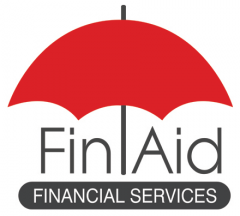About
Alternative Investments & Hedge FundsNo longer reserved for institutional investors, alternatives are now considered by many, a core portfolio holding.
Alternative Investments
Alternative investments are a type of financial asset that doesn’t fall under the conventional equity/income/cash categories. Instead, they include assets such as private equity or venture capital, hedge funds, real property, commodities, and tangible assets like collectibles.
One of the key characteristics of alternative investments is that they are generally subject to fewer regulations from the U.S. Securities and Exchange Commission (SEC). Additionally, they tend to be somewhat illiquid, meaning that they can’t be easily bought or sold like stocks or bonds.
While alternative investments were originally aimed at institutional or accredited investors, they have become increasingly accessible to retail investors through the use of alternative funds. These funds allow individual investors to pool their money together to invest in a wider range of alternative assets than they might be able to on their own.
Some of the most common forms of alternative investments include real estate, commodities, cryptocurrency, and collectibles. Real estate can provide both income and capital appreciation, while commodities such as gold and oil can serve as a hedge against inflation. Cryptocurrency, while still relatively new, has seen explosive growth in recent years and is increasingly being considered as an alternative investment option. Finally, collectibles such as art or rare coins can provide a unique form of diversification to an investor’s portfolio.
Seek professional advice when investing in alternatives
Investors looking to add alternatives to their portfolio should have a clear understanding of the products, which can be best offered through professional managers who specialize in the asset class. “You need to understand what you’re buying, why, and how it will fit into your portfolio,” Elena.
Professional advisors can also help determine if a particular asset class, such as private real estate or infrastructure, is the right fit for your overall portfolio.
Hedge Funds
01
Hedge funds are actively managed alternative investments that commonly use risky investment strategies.
02
Hedge fund investment requires a high minimum investment or net worth from accredited investors.
03
Hedge funds charge higher fees than conventional investment funds.
04
Common hedge fund strategies depend on the fund manager and include equity, fixed-income, and event-driven goals.
Get In Touch
+1 416 319 1472
elena@finaidconsulting.ca
